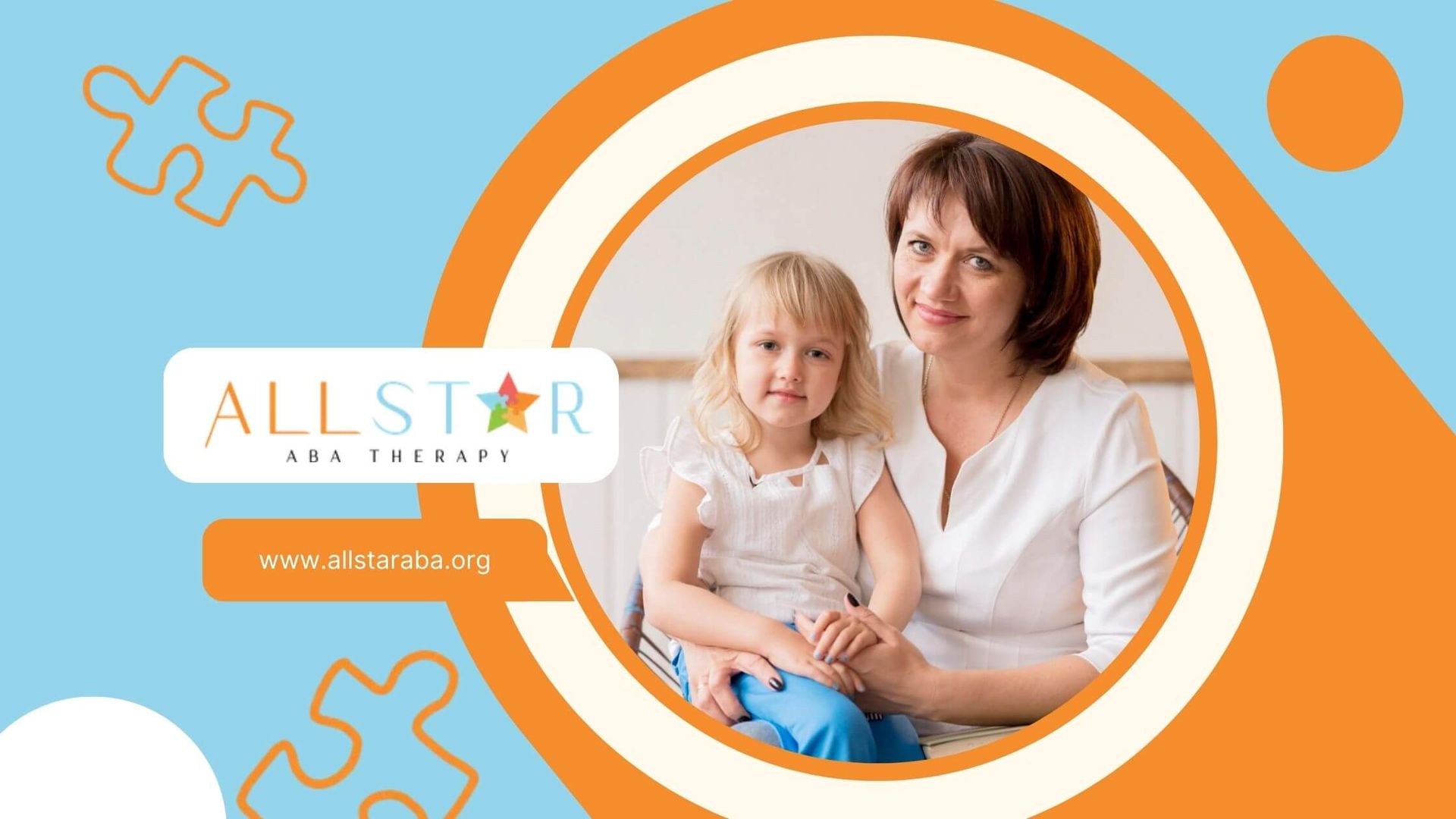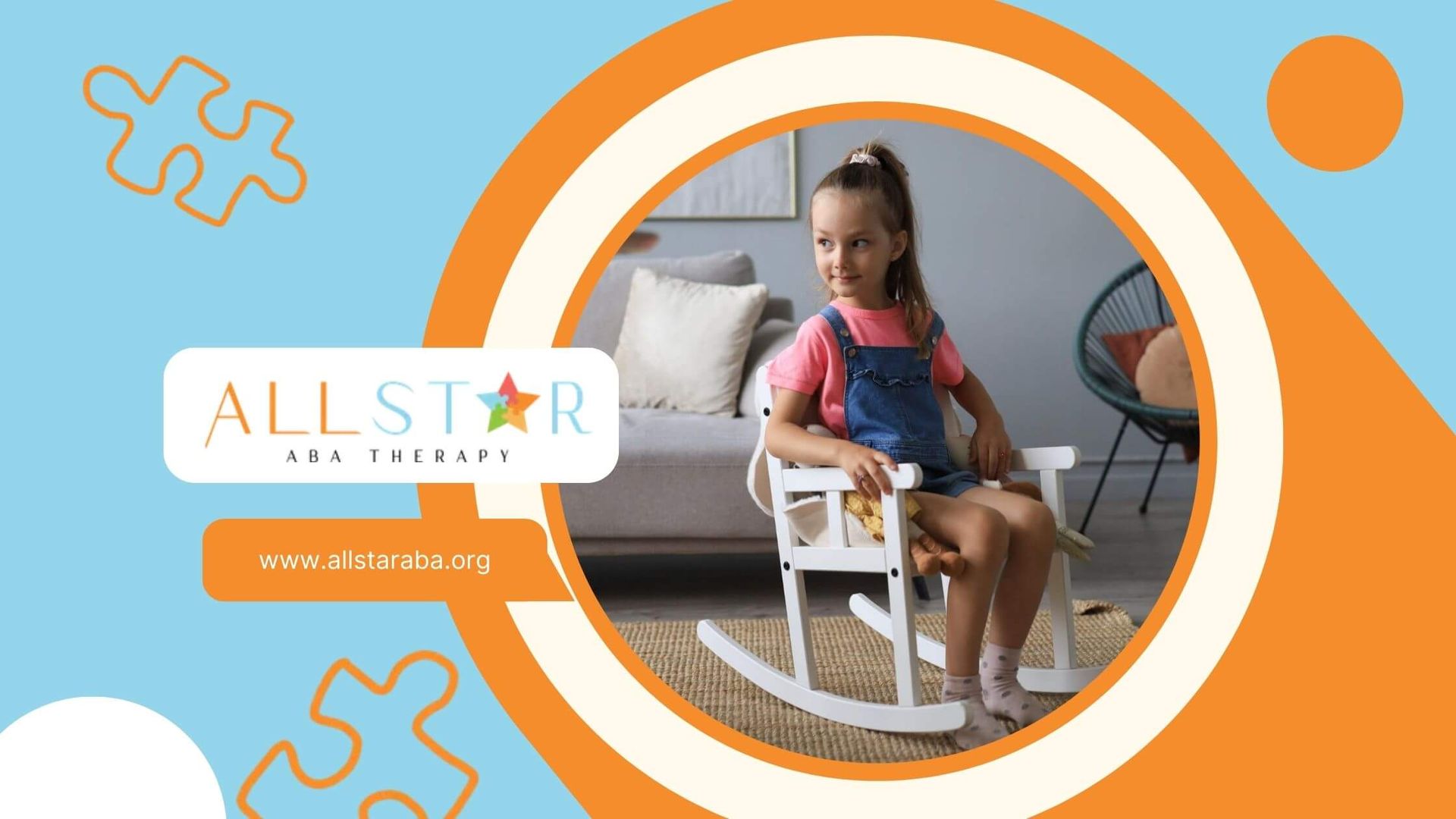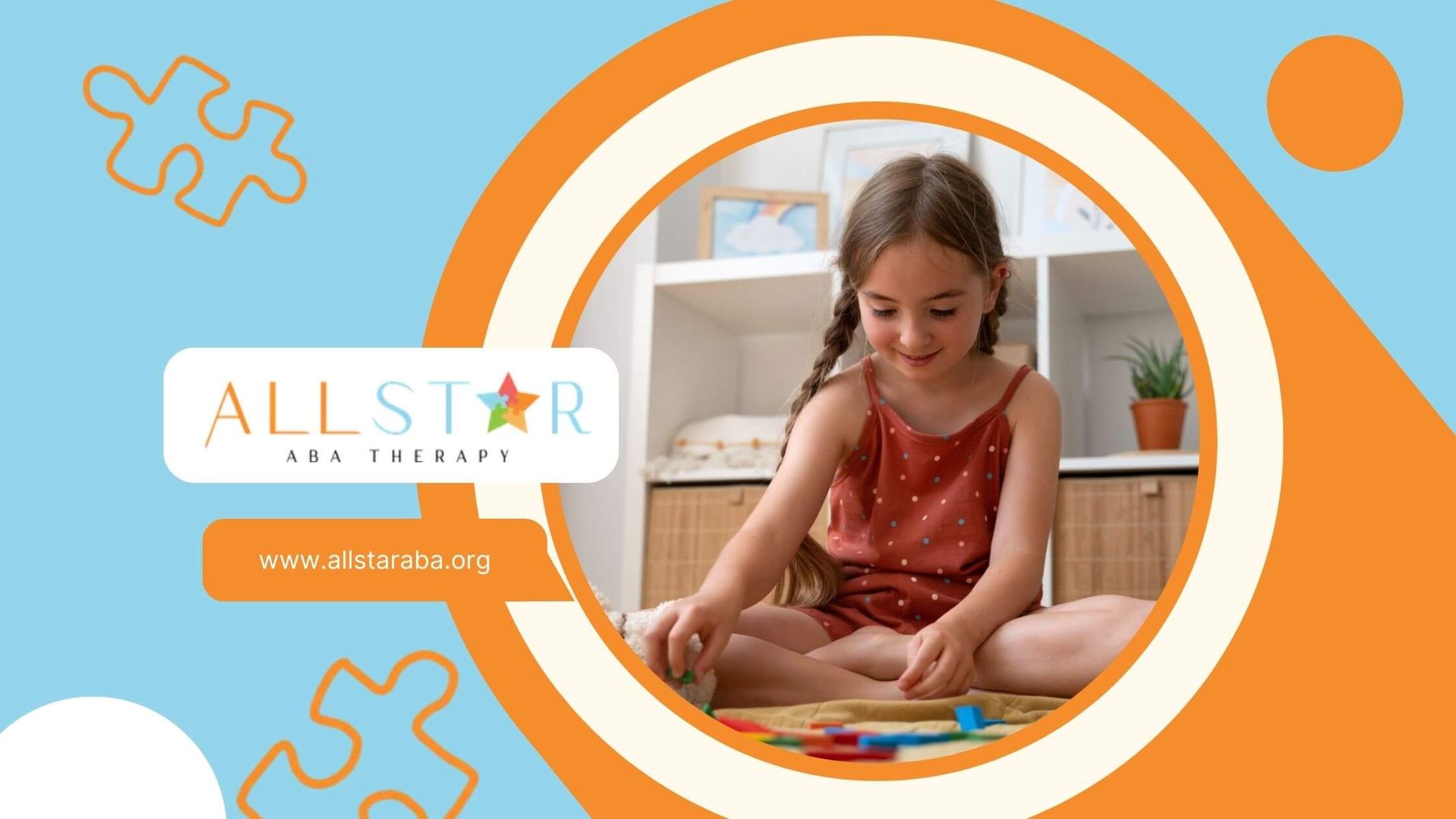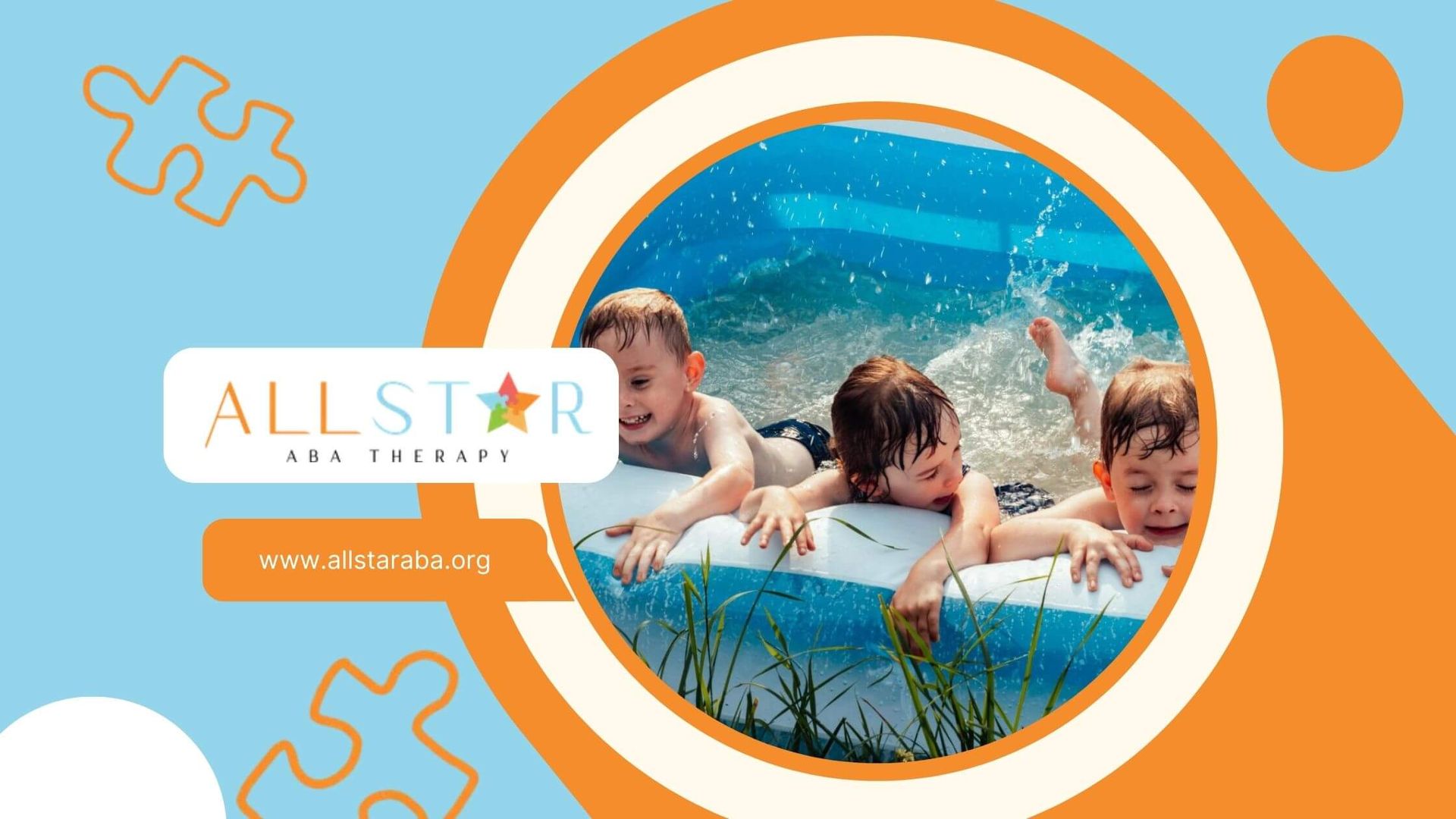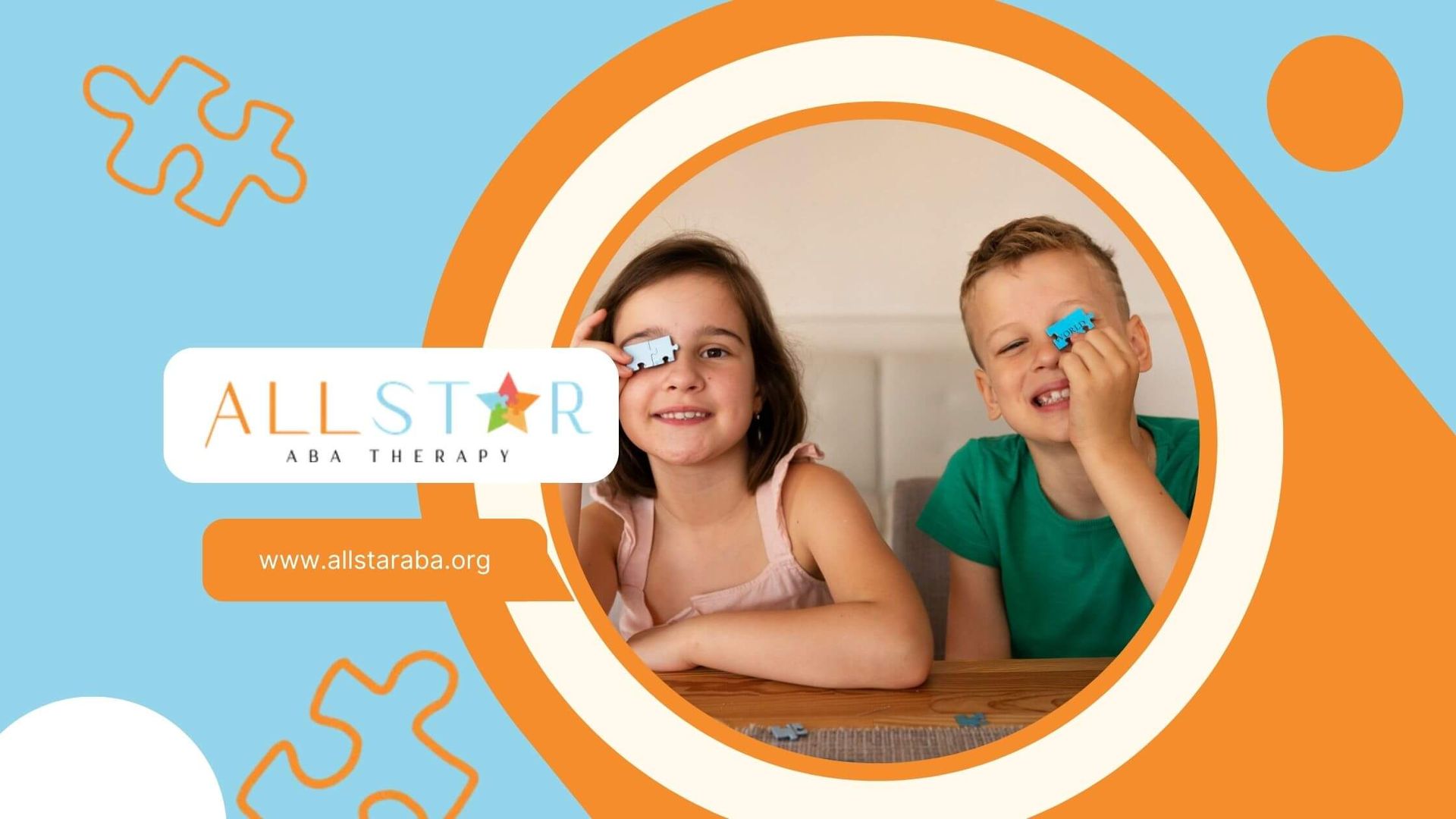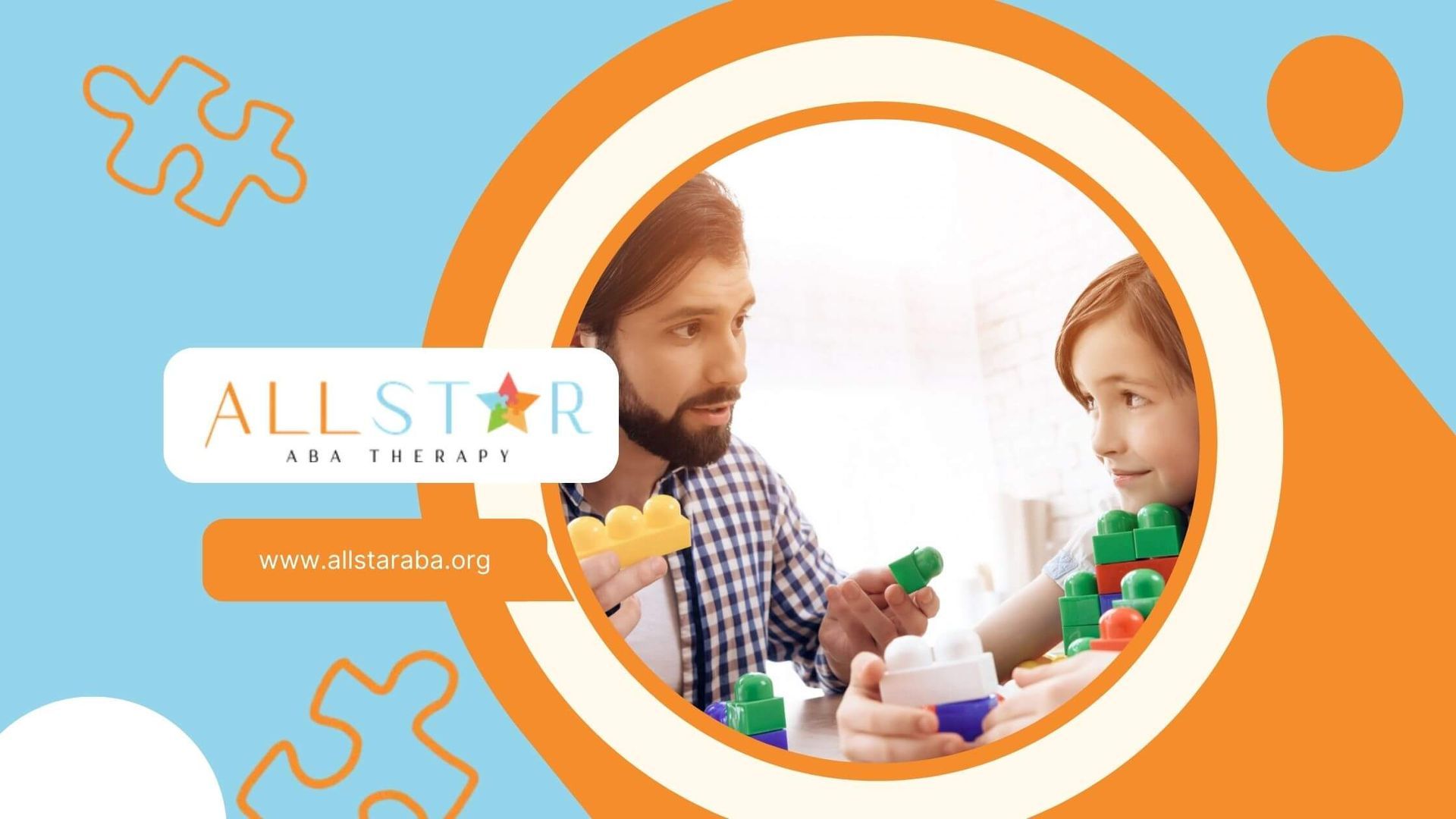New Paragraph
Unleashing Joy: Stimulating Activities for Autistic Adults
Engaging Activities for Autistic Adults
Engaging in activities can significantly enhance the quality of life for autistic adults. There are numerous resources and tools available to support their needs and interests.
Resourceful Organizations and Services
Autistic adults and their families can benefit from connecting with various organizations that provide local assistance. These organizations offer a wide range of resources and programs that encourage involvement and learning about available options. Some helpful resources include:
| Organization | Description |
|---|---|
| National Autism Society | Offers local support groups and educational resources. |
| Autism Speaks | Provides comprehensive resources covering therapy, employment, housing, and community safety. |
| Local Autism Councils | Help connect families with services and activities tailored to their community. |
By engaging with these organizations, autistic adults can find various hobbies for autistic adults and activities that suit their interests.
Tools for Addressing Diverse Needs
Tailored interventions and activities are essential in catering to the diverse needs of autistic adults. Autism Speaks highlights several important areas to consider:
- Therapy Options:
Different types of therapies are available to help individuals improve social skills, emotional regulation, and behavioral management.
- Employment Resources:
Programs and guidance are offered to aid in finding meaningful employment opportunities.
- Housing Support:
Assistance in locating suitable housing options tailored to individual needs.
- Community Safety: Resources that educate on how to navigate various social and community situations safely.
This spectrum of support helps to ensure that autistic adults can participate in outdoor activities for autistic adults and sensory-friendly experiences, enhancing both enjoyment and socialization. Engaging with local services can lead to enjoyable and enriching experiences designed to boost joy and fulfillment in everyday life.
Sensory Activities for Anxiety Relief
Sensory activities play a significant role in alleviating anxiety for autistic adults, providing avenues for relaxation and engagement. This section explores three effective sensory activities: weighted vests, yoga, and dance parties.
Weighted Vests and Calming Strategies
Weighted vests are designed to provide deep pressure input, which can be calming for individuals on the autism spectrum. Studies have shown that wearing weighted vests can lead to substantial improvements in behavior and mood. For example, research from 2001 indicated a notable increase in on-task behavior, rising from 18% to 25% when students wore weighted vests. Furthermore, in 2008, 63% of participants reported reduced anxiety levels after using weighted blankets.
| Effectiveness | On-Task Behavior (%) | Anxiety Reduction (%) |
|---|---|---|
| Weighted Vests | 18% - 25% | N/A |
| Weighted Blankets | N/A | 63% |
These tools can offer a sense of security and belonging, which may be invaluable for individuals navigating stressful environments. Incorporating these calming strategies into daily routines can promote emotional regulation and enhance overall well-being.
Yoga and Its Benefits
Yoga has emerged as an effective sensory activity for autistic adults, fostering relaxation and physical awareness. By engaging in yoga, individuals can experience improved body awareness, which is crucial for managing anxiety and stress levels.
Research indicates that participating in yoga can lead to numerous benefits for adults with autism, such as increased relaxation and a better sense of control and accomplishment. The gentle movements and focus on breathing during yoga practice can also help to calm the mind and body, offering a peaceful escape from daily stresses.
Dance Parties for Coordination
Dance parties serve as an enjoyable method for improving coordination while allowing for self-expression. Engaging in music and movement can be particularly beneficial for autistic adults, as it fosters social interaction and boosts mood. Research indicates that sensory activities like dance can help reduce anxiety while also enhancing physical coordination.
Setting up a regular dance party at home can stimulate creativity and provide an opportunity for social bonding with family or friends. The act of dancing not only promotes physical activity but also allows individuals to experience the joy of movement in a supportive environment.
Incorporating these sensory activities into daily life can greatly enhance the well-being of autistic adults. From weighted vests offering calming pressure to yoga promoting relaxation and dance parties encouraging social engagement, these activities serve as practical tools for managing anxiety and improving quality of life. For additional options, check out our resources on sensory-friendly activities for autistic adults.
DIY Sensory Activities
Engaging in DIY sensory activities can be a valuable way for autistic adults to explore their senses in a safe and supportive environment. These activities can be tailored to individual preferences, making them both cost-effective and fulfilling.
Customizable and Cost-Effective
DIY sensory activities can be easily created using everyday materials, allowing for customization based on personal sensory needs. Not only do these activities promote sensory integration, but they also empower individuals by involving them in the creation process. This fosters a sense of ownership and pride in what they produce.
Here are some simple options for DIY sensory activities:
| Activity | Materials Needed | Benefits |
|---|---|---|
| Sensory Bins | Rice, beans, or sand; small toys | Encourages exploration and fine motor skills |
| DIY Stress Balls | Balloons, flour or rice | Promotes tactile engagement and stress relief |
| Aromatherapy Playdough | Flour, salt, water, essential oils | Engages the senses, promotes creativity |
| Popping Bubble Wrap | Bubble wrap | Fun and engaging; provides auditory stimulation |
| Textured Wall Art | Various fabrics, glue | Encourages creativity and sensory exploration |
These activities are designed not only to engage the senses but also to invite creativity in the process of making and experiencing various stimuli.
Inclusive and Engaging Options
In addition to customizable activities, there are many inclusive options that cater to the sensory preferences of autistic individuals. These activities promote relaxation, reduce anxiety, and improve overall well-being. Some examples include:
- Pottery: Working with clay can be incredibly soothing and allows for tactile exploration.
- Dance Parties:
Encouraging movement to music can enhance coordination and provide a fun social experience.
- Massage:
Gentle, soothing massage can offer comfort and help with sensory regulation.
- Aromatherapy: Using essential oils can create a calming atmosphere while providing sensory variety.
These activities not only stimulate different senses but are also excellent for social interaction. Engaging with peers during these activities can foster social skills and build a sense of community, which is vital for promoting emotional well-being. For additional ideas, consider exploring hobbies for autistic adults and outdoor activities for autistic adults.
DIY sensory activities serve as a powerful tool for autistic adults, aiding in their development and promoting a deeper understanding of their sensory preferences. By engaging in these customizable and inclusive options, they can thrive and enjoy fulfilling experiences.
Social and Recreational Participation
Participating in social and recreational activities is crucial for the well-being of autistic adults. Engaging in these activities can buffer stress and enhance feelings of joy and community.
Buffering Stress with Recreational Activities
Recreational activities provide an excellent outlet for managing stress. These activities can range from hobbies like painting to outdoor exercises and are essential for fostering a sense of belonging. Autistic adults may find that participating in structured recreational events allows for greater interaction with peers, ultimately helping to mitigate feelings of isolation.
Research indicates that participation in daily activities is linked to functional independence and overall well-being among autistic youth. Although the focus is often on children and adolescents, the benefits of engagement carry over into adulthood. Most autistic youth (65%) participate less frequently in non-classroom activities at school, indicating lower levels of social interaction with their peers. Highlighting recreational options can enhance inclusivity and provide autistic adults with opportunities to connect meaningfully with others.
| Type of Activity | Stress Relief Potential | Social Interaction |
|---|---|---|
| Art Classes | High | Medium |
| Team Sports | Medium | High |
| Gardening | Medium | Low |
| Group Yoga | High | Medium |
Importance of Social Supports
Social support plays a critical role in the lives of autistic adults. Having a network of friends, family, and community members can significantly enhance the experience of engaging in activities. Environmental supportiveness influences participation patterns more than factors like family income or parental education. This underscores the importance of creating inclusive spaces where autistic adults feel accepted and valued.
Organized social outings, such as game nights or outdoor activities, not only provide enjoyable experiences but also encourage the development of social skills. These outings allow individuals to practice communication, teamwork, and friendship-building. Engaging in social outings for autistic adults and creating a supportive environment can lead to increased participation in community life and ultimately enhance overall quality of life.
Providing opportunities that cater to various interests and preferences is vital. Autistic adults may gravitate more toward solitary activities at home, but inviting them into group activities can open doors to richer interactions and help them develop new interests. For creative experiences, consider exploring hobbies for autistic adults or outdoor activities for autistic adults, which further promote socialization while balancing individual comfort levels.
Overcoming Barriers to Physical Activity
Engaging in physical activities can present unique challenges for autistic adults. Addressing these barriers through environmental modifications and supportive spaces is essential for encouraging participation in activities for autistic adults.
Environmental Modifications
Creating an accommodating environment can enhance the physical activity experience for autistic individuals. Simple modifications can make these spaces more accessible and enjoyable. Some recommended adjustments include:
| Modification Type | Description |
|---|---|
| Lighting Adjustments | Use lighting that does not cause sensory overload. |
| Sensory-Friendly Hours | Designate specific times for activities to reduce crowds and noise. |
| Space Organization | Arrange spaces to minimize distractions, ensuring a clear and organized layout. |
| Sound Adjustments | Utilize sound-absorbing materials to reduce noise levels. |
Such adaptations aim to create an inclusive environment that addresses the diverse sensory needs of autistic adults. Implementing sensory accommodations can significantly improve their ability to engage in physical activities effectively.
Supportive Spaces for Participation
Support from family members, friends, coaches, and professionals plays a vital role in enabling autistic individuals to engage in physical activities. The presence of these social supports often motivates and assists autistic adults, making participation more enjoyable.
Establishing supportive spaces involves:
| Support Type | Role |
|---|---|
| Family and Friends | Act as advocates and motivators. Provide emotional and logistical support. |
| Coaches and Teachers | Encourage participation and adapt activities to meet individual needs. Offer guidance and positive reinforcement. |
| Peer Support Groups | Facilitate connections with others who share similar interests, creating a sense of community. |
By fostering supportive environments and implementing necessary environmental modifications, autistic adults can overcome barriers and engage in enjoyable physical activities. For more ideas on enhancing participation, be sure to explore our sections on sensory-friendly activities for autistic adults and outdoor activities for autistic adults.
Facilitators of Physical Activity
When considering effective methods to engage autistic adults in physical activities, various facilitators play a significant role. Support from family and friends, along with allowing individuals the freedom to choose their activities, can make a positive impact on their participation.
Family and Friend Encouragement
Research indicates that encouragement from family members and friends is a crucial facilitator for autistic individuals to engage in physical activities. Autistic adults often emphasize the importance of having social supports, including family, friends, coaches, and teachers, to motivate and assist them in participating in physical activities. This support frequently comes from parents, who are vital advocates for their children’s engagement in a healthy lifestyle.
| Support Type | Role in Physical Activity |
|---|---|
| Family | Encouragement, motivation, and advocacy |
| Friends | Social interaction and shared activities |
| Coaches/Teachers | Guidance and structured participation |
Freedom to Choose and Motivation
Providing individuals the freedom to choose their own physical activities significantly enhances their motivation and enjoyment. Autistic adults often express that personal interest in sports and physical activities can lead to increased levels of engagement. This autonomy enables them to explore hobbies that resonate with their interests, making the experience more fulfilling. Studies indicate that supportive environments that offer choices empower autistic individuals to participate more actively in their physical health.
In fostering motivation, it is crucial for caregivers and family members to emphasize the enjoyment aspect of physical activities rather than solely focusing on performance outcomes. Creating opportunities for fun and social interaction can lead to lasting engagement in physical activity along with promoting a healthy lifestyle.
For additional ideas on engaging autistic adults in enjoyable activities, explore our sections on hobbies for autistic adults. Social experiences can also be enriching; consider checking out our insights on social outings for autistic adults.
Need Support?
We're Here to Help!
Our experienced team is ready to assist you. Reach out today to discuss how we can support your child's development and well-being.
Get started with expert ABA therapy today.



